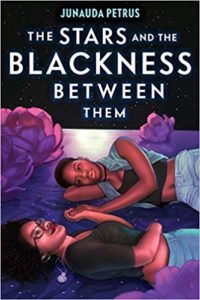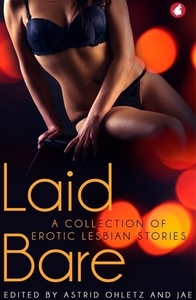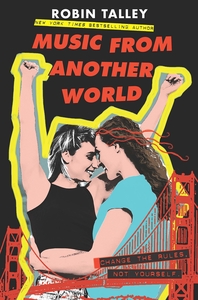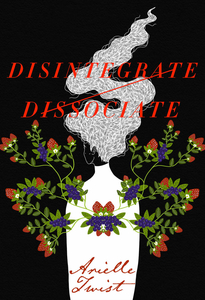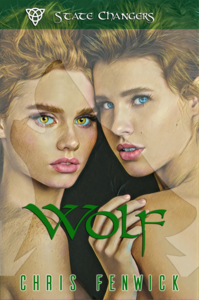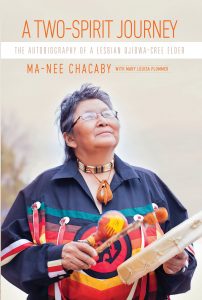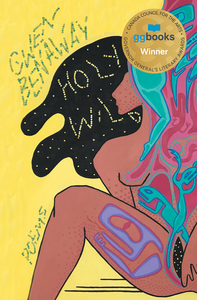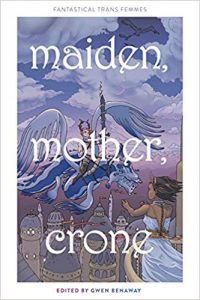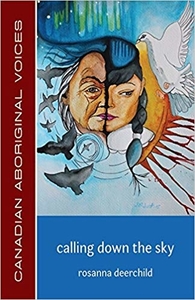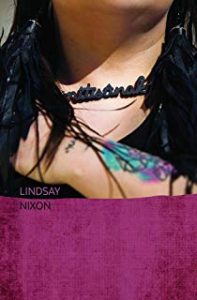I couldn’t believe that this novel, The Stars and the Blackness Between Them, was a debut work! It was so poetic and lyrically written, and Petrus painted such a vibrant picture into the lives of Audre and Mabel. This story has two primary voices: Audre, a teen from Trinidad who is now living in Minneapolis, and Mabel, who quickly takes to showing Audre what being in an American high school is like.
I enjoyed this book for many reasons, but particularly by learning more about Trinidad through the eyes of Audre, as well as what she misses about home. I’m not very familiar with Trinidadian culture in my personal life; and I always appreciate it when books are written in a way that allows me to learn without feeling condescending or just out of place with the rest of the work.
This is a young adult romance that is written in a way that acknowledges the complexity and emotional depth that people in their teens have. It can be seen as a beautiful time to be experiencing all of the intricacies of love and dating, and this book is a beautiful experience to read. There are other elements of racial justice that fit in very well to the current political climate. I will definitely look for upcoming releases from Juanada Petrus.

